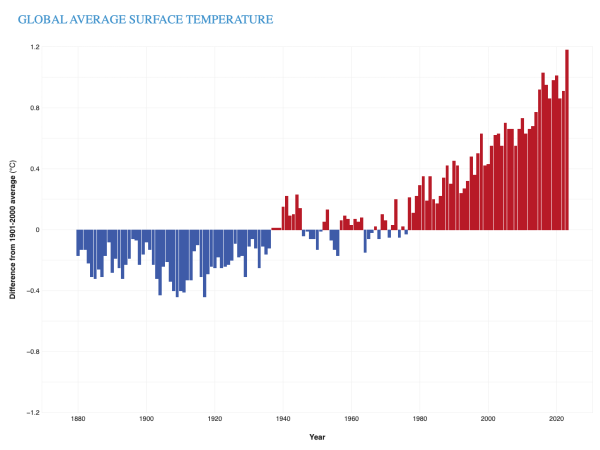Speakership crisis shows divide in Republican party
Republican Kevin McCarthy (right) was elected as Speaker of the House on Jan. 7 after 15 rounds of voting. Former President Donald Trump (middle) helped McCarthy gain the votes he needed to win the election after far-right representatives refused to originally give him their votes.
January 9, 2023
After 15 rounds of voting, the House of Representatives elected Republican Kevin McCarthy as Speaker of the House, marking the longest vote in 164 years. The delay was caused by a far-right faction of Republicans who did not support McCarthy.
Since the 2020 election and the Jan. 6 insurrection, the Republican party has been seemingly splitting between moderate and extremist sides.
McCarthy was elected after heavy negotiation with the far-right Republicans who opposed him in earlier rounds of voting. McCarthy’s concessions to far-right Republicans will give them more power, including allowing any member to call a snap vote to replace him. The concessions weaken Mccarthy’s power and put the House in jeopardy by giving a small extremist group governing authority, making the House somewhat obsolete for the next two years.
During the 14th round of voting, far-right Rep. Matt Gaetz declined to vote, hurting McCarthy’s chances at winning that round. As a result of rising tensions, an argument broke out between Republicans in which McCarthy ally Rep. Mike Rodgers had to be restrained by other lawmakers after lunging at Gaetz. This not only shows the severity of the divide but also how serious the vote was to the Republican party.
This split not only harms the Republican party but also the government as a whole. New York Times writer German Lopez stated that a divided house majority could make it difficult for Republicans to secure votes for must-pass bills necessary to avoid scenarios like government shutdowns and economic crises. It’s vital for the House to be united in situations like must-pass bills because it’s for the greater good of the country.
While the division is clear, some extremists have backed McCarthy from the beginning. Far-right Rep. Marjorie Taylor Greene supported McCarthy throughout the speaker election and helped him gain votes. She even took to Twitter to say, “If the base only understood that 19 Republicans voting against McCarthy are playing Russian roulette with our hard earned Republican majority right now.” Greene received backlash from her far-right colleagues.
This split has also shown itself in the 2024 race for the Republican nominee for president. Former President Donald Trump has announced his candidacy for the position. Republican leaders, such as Govs. Larry Hogan of Maryland and Asa Hutchinson of Arkansas, have spoken out against Trump. If the Republican party can’t unify themselves to elect a speaker, it seems unlikely that they will be able to win the Presidential election.
The fractures in the Republican party will extend beyond the House of Representatives and harm the United States at large. Difficulty passing important bills, increased power for extremist representatives and inter-party antics will all make governances ineffective. In order to pass bipartisan bills to help better the country, Republicans and Democrats need to work together. Having such a distinct divide is proving to make this unfeasible.













